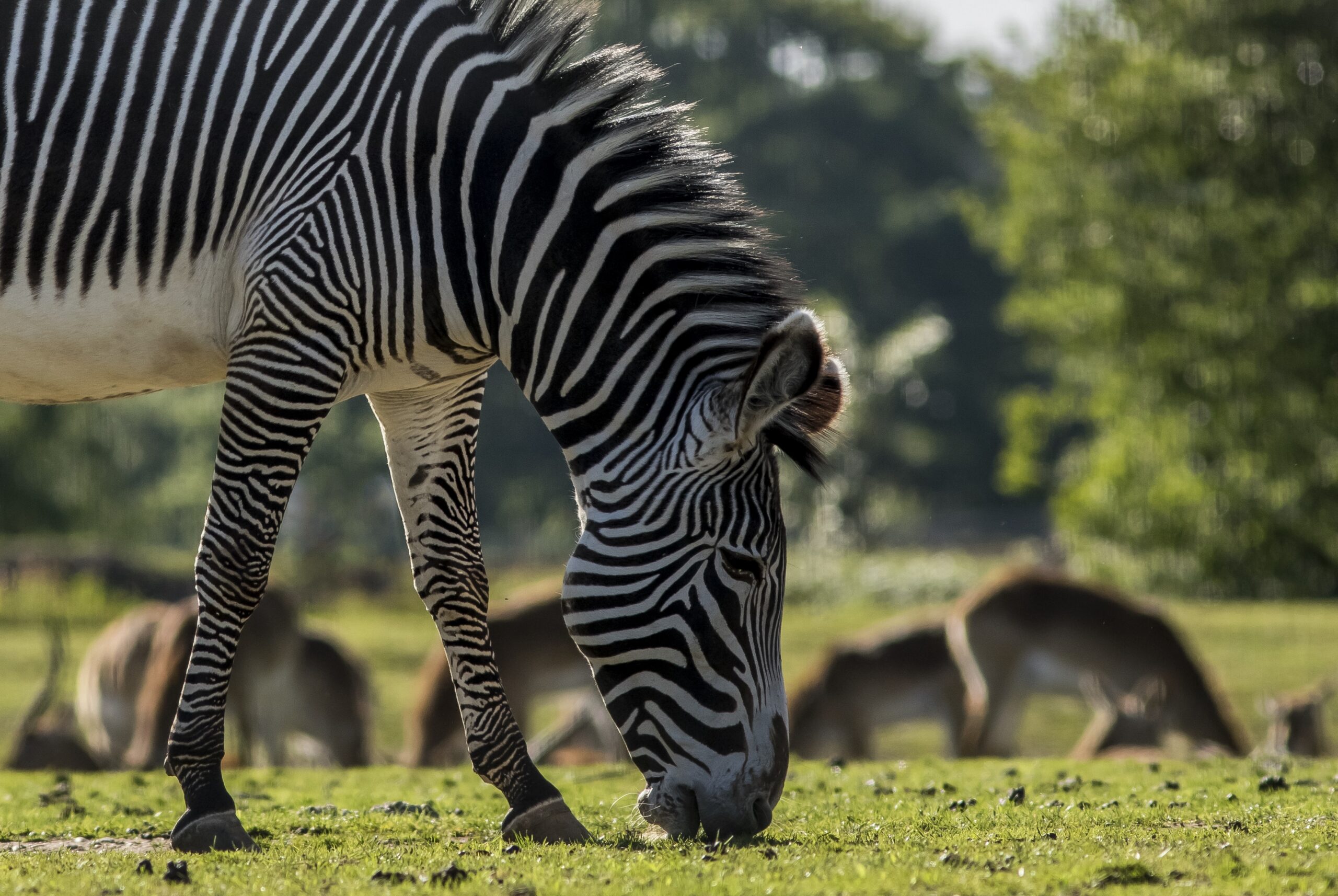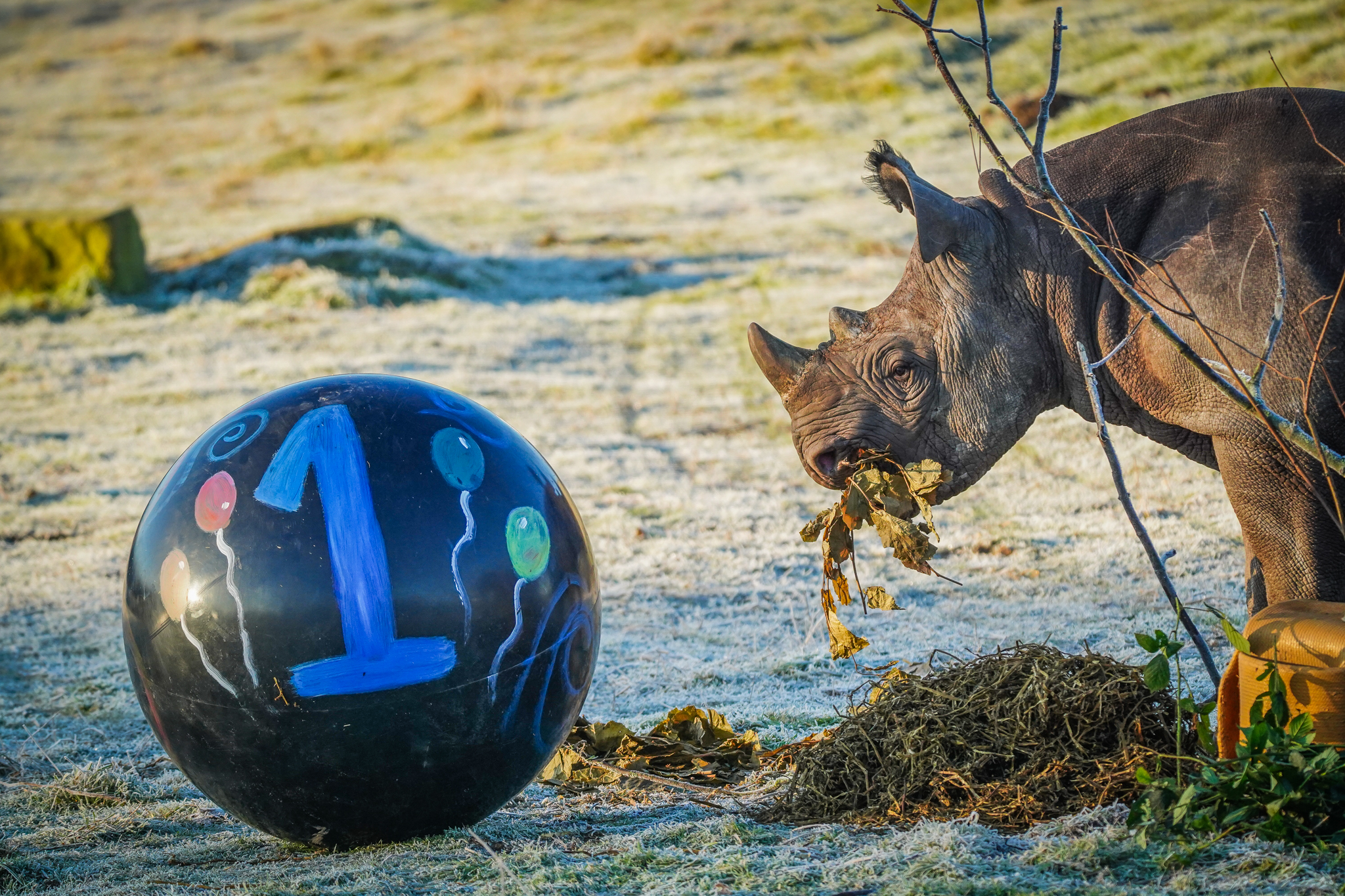Today is International Tiger Day, a day dedicated to raising awareness about tiger conservation, celebrating their beauty, and taking action to protect these incredible animals from extinction. At the Wildlife Foundation, we are proud to have previously partnered with Wildcat Alliance to support the Amur tiger. We are celebrating this day by sharing facts and insights about this majestic creature to raise awareness.
Largest of All Tigers: Amur tigers, also known as Siberian tigers, are the largest tiger subspecies. Males can weigh up to 300 kilograms (660 pounds) and measure up to 3.3 meters (11 feet) in length, including their tail.
Thick Fur for Cold Climates: Adapted to the harsh, cold environments of the Russian Far East, Amur tigers have thicker fur and a layer of fat that insulates them against freezing temperatures.
Camouflaged Coats: Their coats are pale with fewer and lighter stripes compared to other tiger subspecies, providing excellent camouflage in snowy landscapes.
Extensive Territories: Amur tigers have the largest territories of any tiger subspecies, with males roaming areas up to 1,000 square kilometres (386 square miles) to find food and mates.
Powerful Hunters: These tigers are solitary and primarily nocturnal hunters, preying on large ungulates like deer, wild boar, and even smaller predators. They can consume up to 27 kilograms (60 pounds) of meat in a single night.
Low Population Density: Due to the vast territories they require, Amur tigers have a low population density. This makes conservation efforts particularly challenging, as large, connected habitats are crucial for their survival.
Critically Endangered Status: The wild population of Amur tigers is estimated to be around 500-600 individuals, primarily due to habitat loss, poaching, and human-wildlife conflict.
Family Life: Female Amur tigers give birth to litters of 2-4 cubs after a gestation period of about 3.5 months. The cubs stay with their mother for up to two years, learning vital survival skills before venturing out on their own.
Unique Vocalisations: Amur tigers communicate using a variety of vocalisations, including roars, growls, and chuffing—a friendly greeting sound made through the nose.
Cultural Significance: In Russia, Amur tigers are seen as symbols of strength and power, playing a significant role in local folklore and culture.
Longevity: In the wild, Amur tigers can live up to 15 years. While in captivity, they may live over 20 years with proper care and conditions.
The Amur tiger population has drastically decreased over the past century to about 500-600 individuals. The primary threats to their survival include habitat loss due to logging and development, poaching for their body parts, human-wildlife conflict as they come into closer contact with humans, and climate change affecting their habitats. This is why we need your help to secure the future of these beautiful animals. Donate to the Wildlife Foundation today to support the conservation efforts for Amur tigers and many other endangered species.











